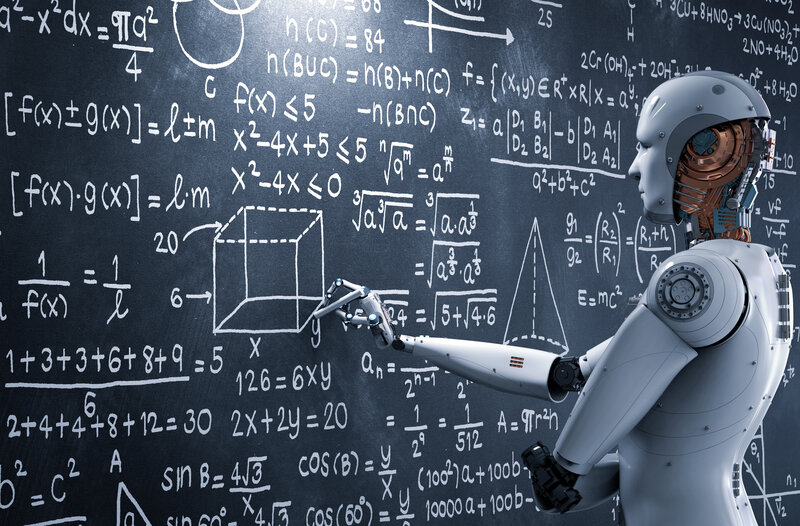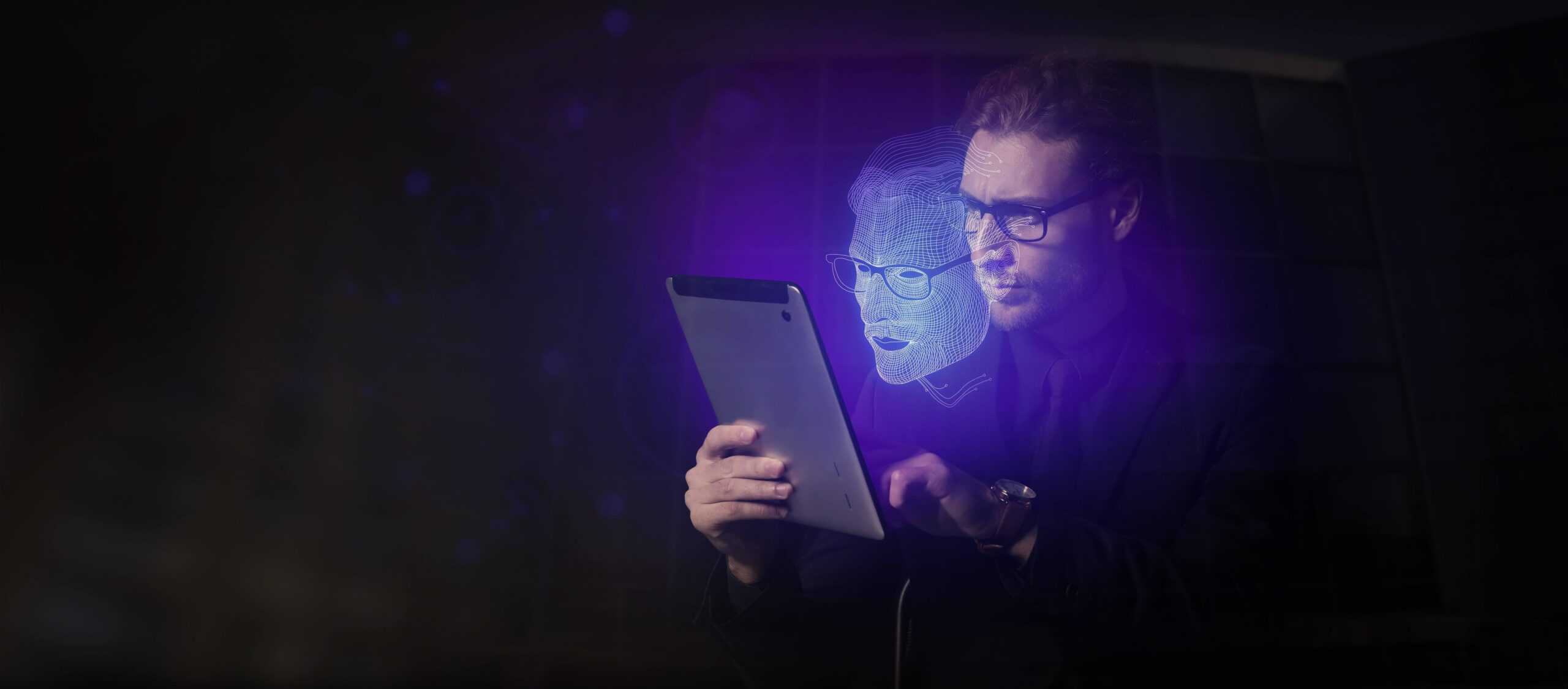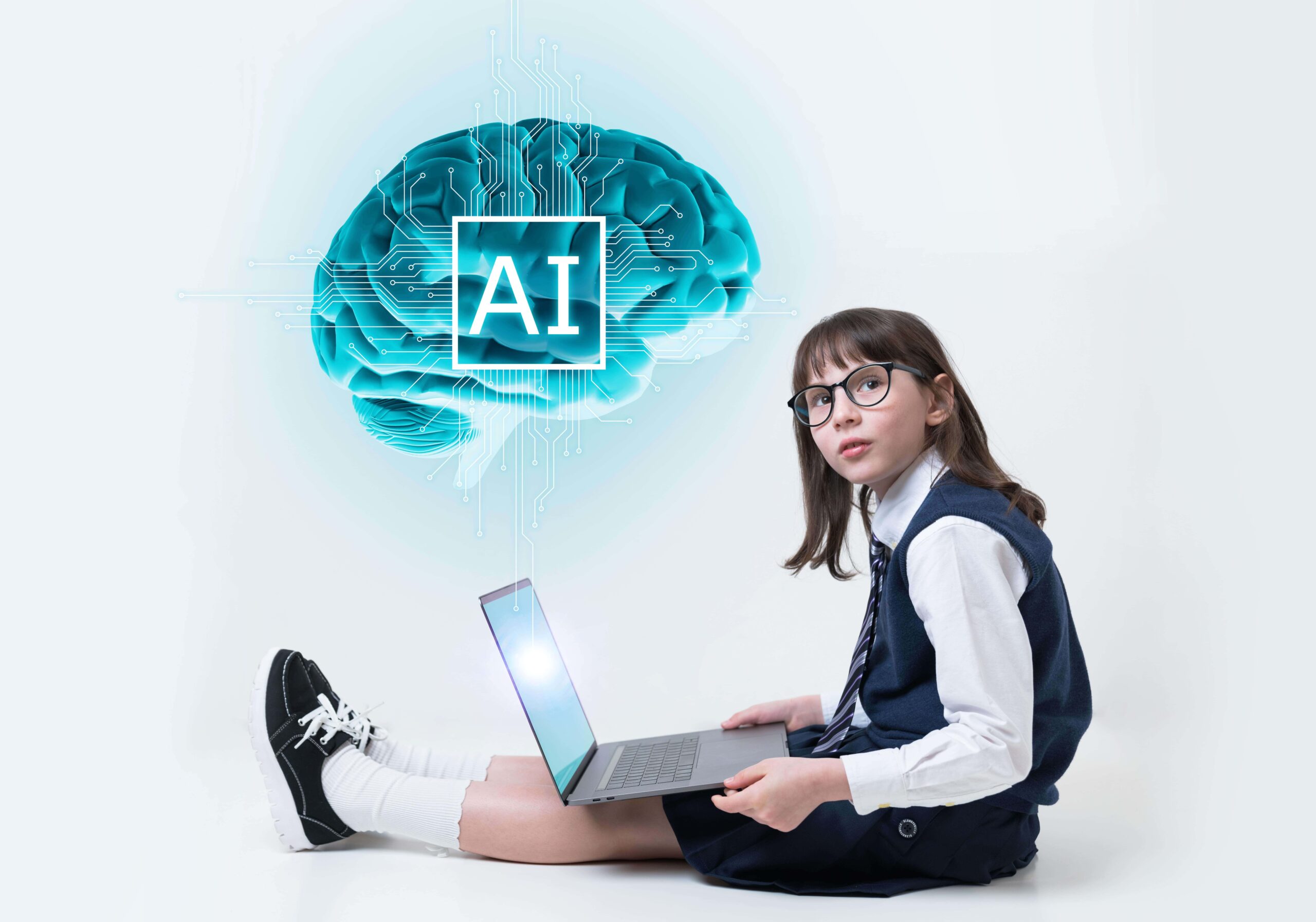Besides bringing many benefits to education, AI ensures enhanced online learning and provides immense help for disabled students.
From early cancer diagnosis to self-driving vehicles, artificial intelligence (AI) seems capable of solving a number of problems plaguing our society. In fact, there’s little this potent technology can’t do just yet. Many countries have recognised the potential of AI, making advances in using cutting-edge technologies to transform schools and universities. From delivering personalised content to monitoring student attendance, AI is helping schools in many different ways. New technologies are enabling the education sector to evolve and provide children with relevant skills and knowledge.
And although still in the early stages, the smart algorithms in education market is set to reach a value of $25.7 billion in 2030, growing at a compound annual growth rate of 32.9 per cent over the next decade. Powered by intelligent algorithms, online learning platforms offer highly personalised learning, and through this customised education journey, students can learn at their own pace.
AI-powered teaching assistants open doors to smart virtual learning
A growing number of students are reaching towards online tutoring platforms or smart tools to help them to better prepare for college entrance exams or to prepare for school tests. And the K-12 online tutoring marketing is booming. In fact, it’s expected to grow to $120.67 billion by 2021. And the idea of using chatbots in a classroom shouldn’t come as a big surprise given that we’re used to intelligent assistants such as Siri or Alexa. Prompt answers on various inquiries is always a good thing in a learning process, but educators can be a bit overwhelmed by one too many tasks at days. Chatbots as teaching assistants, indeed, is a great idea.
The pandemic has disrupted many industries in a negative way, education included. But, the team of researchers from Stanford gathered around the idea of creating an AI-powered tool that would help educators during the crisis. In one version, the team’s proposed AI tool, dubbed “Super Teaching Assistant,” that could provide the “volunteer teachers automated, detailed reports on what exactly students are struggling with at the collective and individual levels”, thus helping “the teachers understand their students deeply and deliver a better education, multiplying their impact.” Another version would help students learn the scientific method and coding. Chris Piech, an assistant professor of computer science, is enthusiastic about the project. “Think about how many people want to learn STEM. There’s a real hunger especially right now for very practical skills. It’s a shame when someone wants to put in the work to learn and make a contribution but no teacher can show up. Our system works toward addressing that gap.”
AI can teach music now
Artificial intelligence in education does raise eyebrows here and there, but even the greatest sceptics are becoming aware of the benefits of smart algorithms in education. For example, the Montour school district in western Pennsylvania, US, has fostered the AI-powered program that is designed to teach music. And this ingenious solution allows even students who take music as an elective course and do not read music sheets can create music. A school band director Cyndi Mancini was indeed sceptical at first, just to later admit that this, in fact, is not a bad idea. “For me, music is an emotional experience. I know what I put into my playing and teaching of music. For that emotion to come out of an algorithm, I couldn’t wrap my head around it at first. How can a computer replicate that? But it can. I’m a convert.” Unfortunately, not every school district or educator is willing to embrace AI in their schools. “It’s not even on our radar right now,” shared Andrew McDaniel, the principal of Southwood High School in central Indiana, when asked if he’s considering incorporating some of the most basic forms of AI, such as Alexa voice devices, into classrooms. “A lot of teachers are looking at what they know works now and sticking to that. They’re not going to mess around with much that goes beyond that.”
Artificial intelligence will transform online learning
AI-powered educational platforms are gaining traction, too. One of the platforms making an impact in this sector is the India-based Wave that relies on AI and machine learning to provide each student with personalised learning. The platform keeps track of students’ clicks and interactions while its deep learning technology also detects students’ emotions based on their facial expressions and it can measure the levels of students’ engagement. And Vamsi Krishna, CEO & Co-Founder, Vedantu, is enthusiastic about the new platform and what it means for the future of education. “This development is an important milestone for Vedantu and the shift towards online, LIVE tutoring. For the first time, we can mathematically measure the effectiveness of each teaching-learning engagement and the level of improvement in learning outcomes. We believe this is our biggest differentiator and will help us teach at scale with highest predictability and effectiveness.”
AI-powered learning can make learning more accessible and help students with special needs
Another example of AI-powered educational platforms is CENTURY Tech, “an award-winning teaching and learning platform for teachers and students, and co-founder of the Institute for Ethical Artificial Intelligence in Education”. The amazing thing about the platform is that it learns about students so it can provide personalised learning. And the results are nothing short of superb. Estimates show that the platform can improve student’s understanding of a certain topic by 30 per cent. What’s more, educators can benefit from the platform as well, as it automates admin tasks that significantly reduces teacher workload. Also, the platform can curb the gender divide and learning inequalities that are serious problems worldwide. Priya Lakhani, the Founder CEO of CENTURY Tech, underlined that “one of the greatest benefits of using technology in schools is that it helps to break down barriers that may have previously prevented students from fulfilling their potential,” adding that “It can help to level the playing field for children who face additional hurdles to overcome, such as children with special educational needs and disabilities, children in difficult environments and those who struggle to learn with a traditional classroom approach.”
Deira International School, British Curriculum school in Dubai, has decided to implement the platform given its impressive results and benefits. Linda Parsons who leads the school’s education technology strategy, is confident that cutting-edge teaching and learning tools can help students achieve their full potential. ”We are trying to encourage students to make their own content and notes. CENTURY’s nuggets have videos and notes set out perfectly, which makes it so much easier to explain concepts to children. If a teacher like me may not be 110% confident with a certain specific module, CENTURY’s learning materials also give teachers a great level of confidence to teach.”
Smart algorithms are paving the way for the AI-powered education of tomorrow
AI is enabling schools and universities to provide students with personalised content that improves learning experiences and knowledge retention. Furthermore, it’s even used to monitor students’ attendance and catch cheaters. Teachers end up with more time to develop students’ creativity and problem-solving skills, but tech-dominated education has also raised various concerns. From adaptive learning to AI-enabled tutoring lessons, algorithms can help students improve and gain new knowledge. But as much as helping students learn new things is important, it’s also crucial to develop their creativity and innovation. And this is likely to be the next phase in the evolution of intelligent education.




